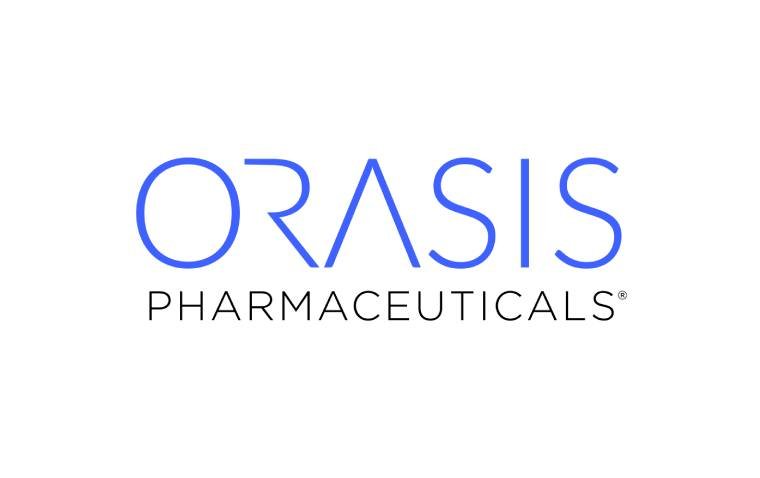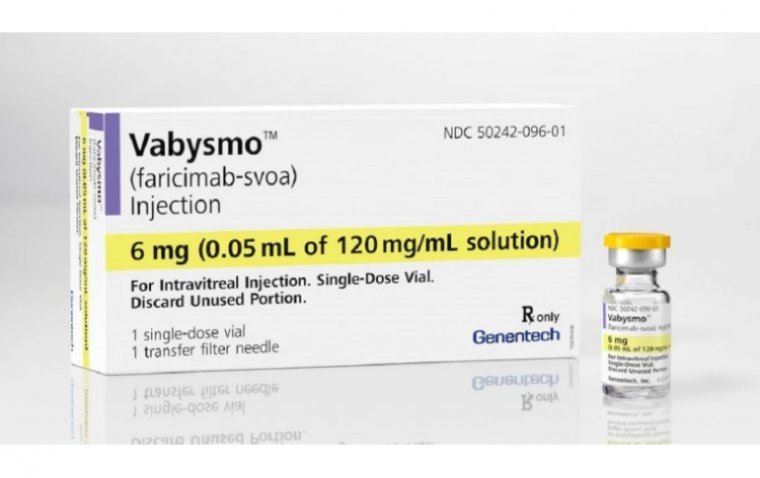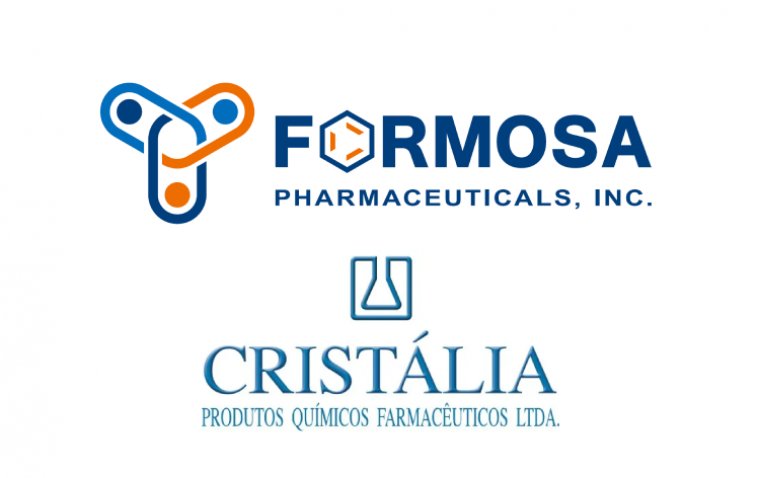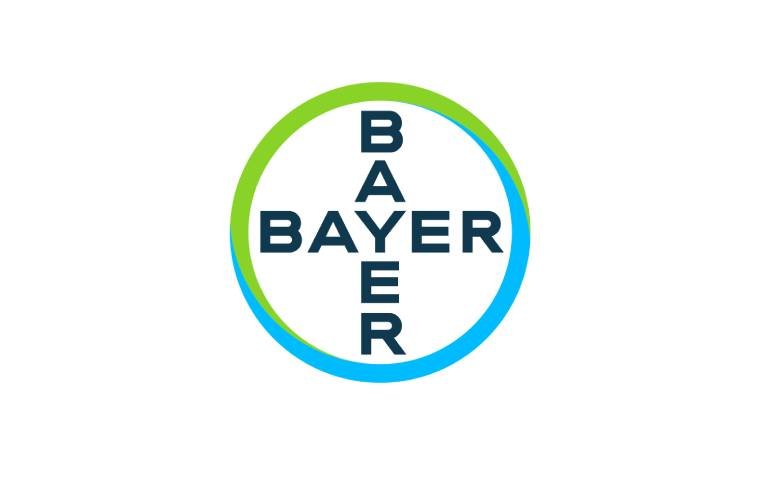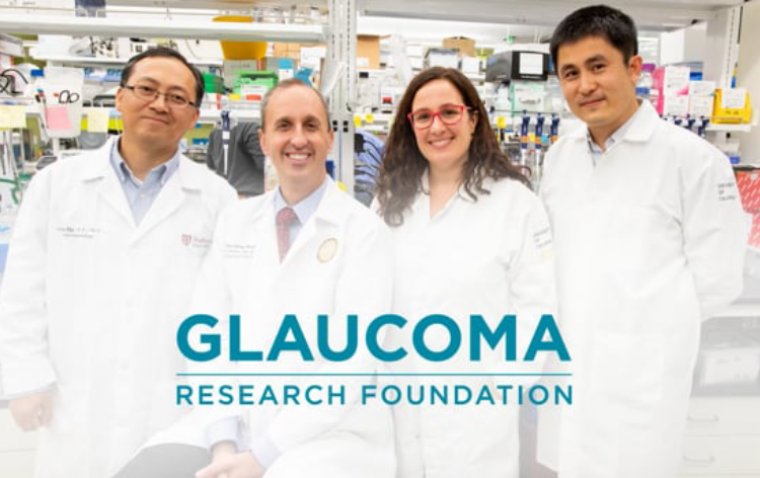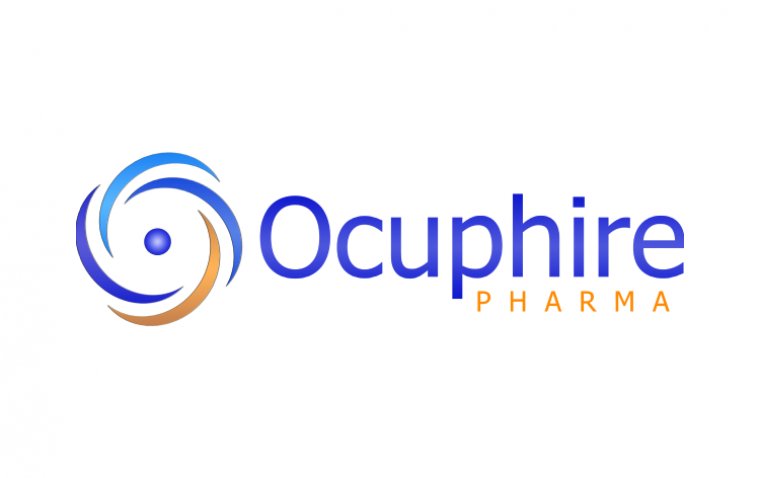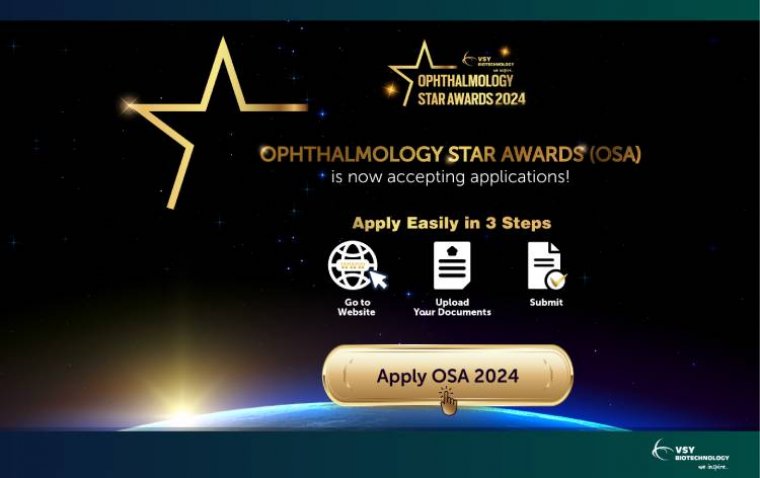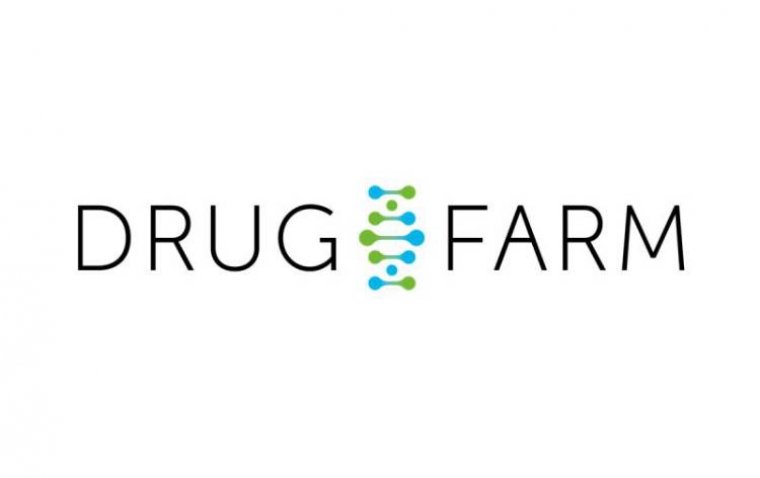
FDA Clears Drug Farm’s IND Application for DF-003 in ROSAH Syndrome Patients
In a significant development for the medical community, Drug Farm announced that the U.S. Food and Drug Administration (FDA) has granted clearance for the Investigational New Drug (IND) application of DF-003. This novel drug, hailed as a first-in-class oral medication, is a potent and highly selective alpha-kinase 1 (ALPK1) inhibitor designed for clinical evaluation in patients suffering from ROSAH syndrome.
A New Hope for ROSAH Syndrome Patients
ROSAH syndrome, a rare genetic disorder, has long posed challenges for patients and healthcare professionals alike. Existing treatments have largely focused on managing symptoms rather than addressing the underlying genetic cause. However, with the advent of DF-003, there is renewed hope for a targeted therapy that could potentially halt the progression of the disease.
DF-003's Precision Therapy for ROSAH Syndrome
DF-003 has shown remarkable promise in preclinical studies, particularly in a ROSAH mouse model, where it demonstrated significant activity. Its unique mechanism of action, targeting the gain-of-function ALPK1 mutation responsible for ROSAH syndrome, sets it apart as a groundbreaking therapeutic option. Moreover, the drug has received a Rare Pediatric Designation from the FDA, highlighting its potential to address unmet medical needs in this vulnerable patient population.
Expert Perspectives: Optimism Surrounding DF-003
"We are delighted to offer a promising new therapeutic with the potential to improve ocular and systemic outcomes in ROSAH syndrome," commented Lloyd Williams, M.D., Ph.D., Director of Global Ophthalmology at Duke University. "Until now, treatments for ROSAH have addressed the symptoms, but not the genetic root cause of the disease.1
Dr. Jeysen Yogaratnam, Chief Medical Officer at Drug Farm, emphasized the precision of DF-003 in targeting the mutant ALPK1, stating, "We have developed a precision drug that inhibits mutant ALPK1 and may stop the progression of the disease in patients afflicted with ROSAH."
Dr. Henri Lichenstein, CEO of Drug Farm, expressed excitement about the rapid progress of the DF-003 program, underscoring the company's mission to provide safe and effective therapies for ROSAH patients. He also highlighted the potential of DF-003 in addressing cardio-renal diseases, based on compelling preclinical data.
The upcoming clinical trial for DF-003 will assess its safety, pharmacokinetics, and efficacy in ROSAH patients. With FDA clearance secured, Drug Farm is poised to advance the development of this novel therapy, offering new hope to individuals affected by ROSAH syndrome.
About ROSAH Syndrome
ROSAH syndrome, or Retinal Ocular Syndrome with Angioid Streaks and Hyperplasia of the Retinal Pigment Epithelium, is a rare genetic disorder characterized by abnormalities in the retina and surrounding ocular structures. It is typically associated with mutations in the ALPK1 gene, leading to the development of angioid streaks, hyperplasia of the retinal pigment epithelium, and other retinal changes. These abnormalities can result in vision loss, retinal hemorrhages, and other ocular complications.
ROSAH syndrome presents significant challenges for patients and healthcare providers due to its rarity and the limited understanding of its underlying mechanisms. Currently, treatment options for ROSAH syndrome are limited, with most interventions focusing on managing symptoms and preventing complications.
(1).jpg)

